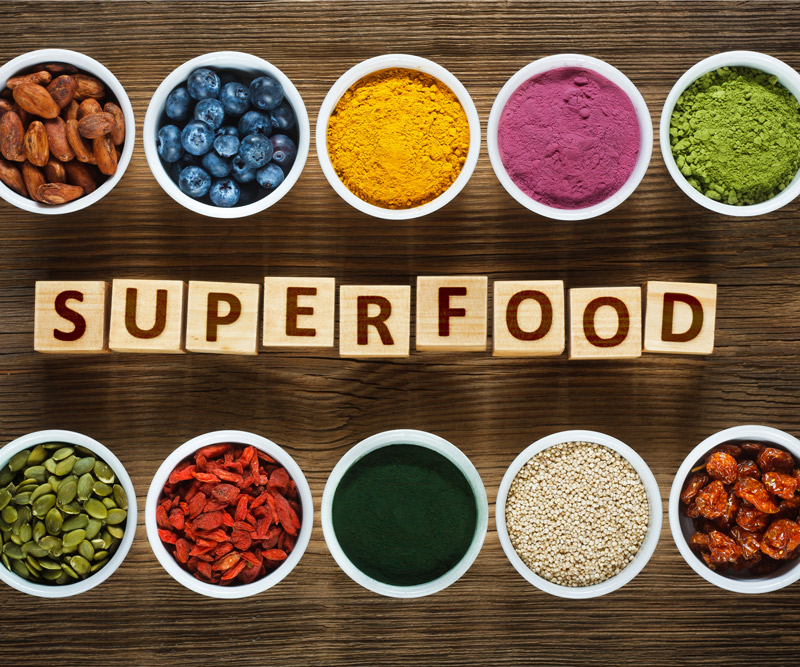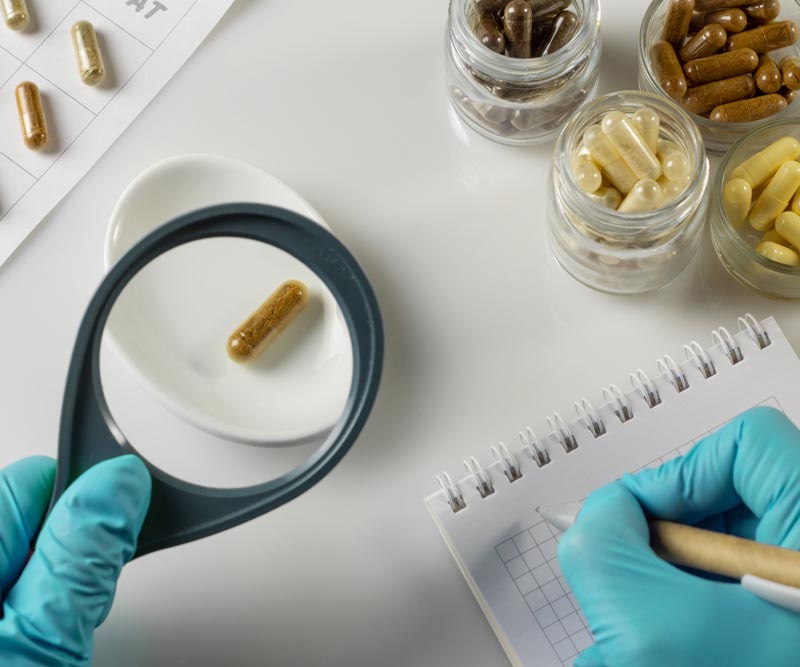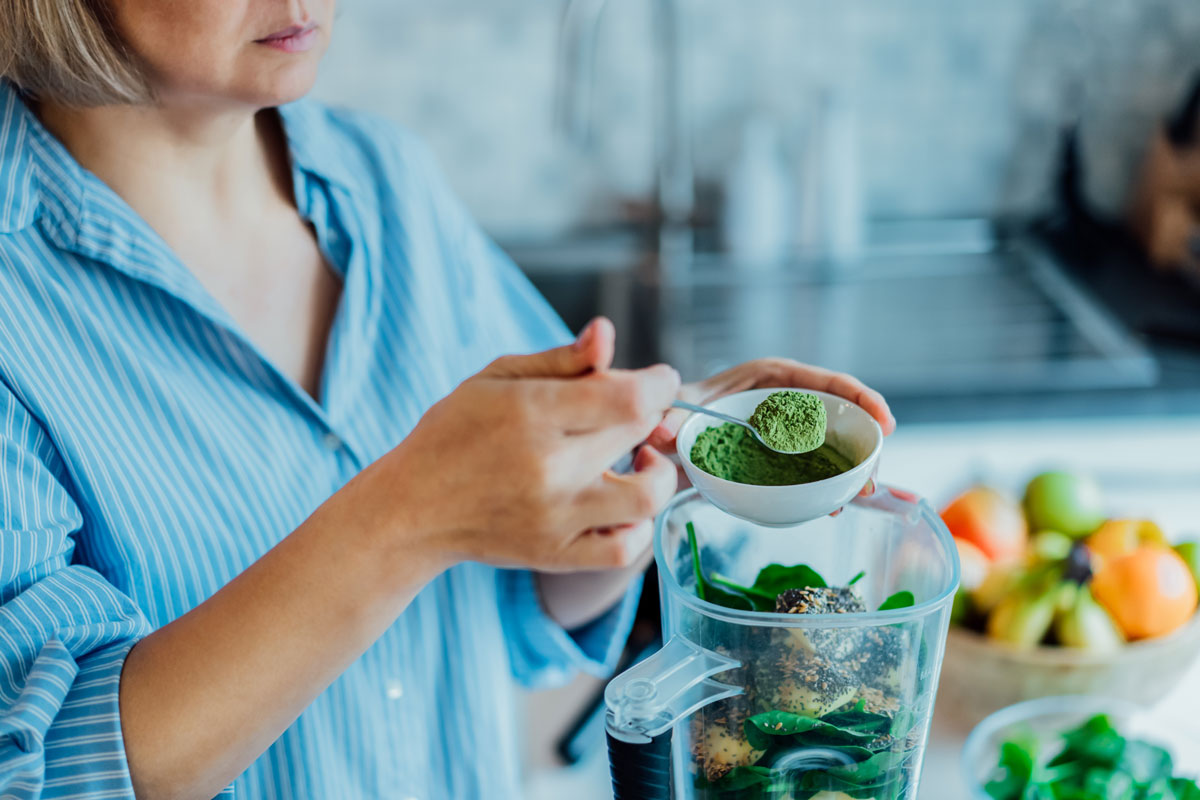
Greens Powders – Nutritional Boost or Bogus Branding?
In the quest for better health, greens powders have become a popular food supplement.
Marketed as a convenient way to "get your greens," these powders often promise increased energy, improved digestion and even immune support. But are they really a good replacement for a plate of vegetables? Let's take a closer look at the benefits and limitations of green powders.
What are Greens Powders?
Greens powders are dietary supplements made by drying and powdering a blend of vegetables, fruits, herbs and other plant-based ingredients. They often include things like kale, spinach, spirulina, chlorella, wheatgrass and green tea extract sometimes alongside probiotics, digestive enzymes and added vitamins.
Most greens powders are meant to be mixed with water or added to smoothies, providing a quick and easy way to boost your intake of plant-based nutrients.
Potential Benefits
While greens powders shouldn’t replace vegetables in your diet, they may offer some health benefits:
Nutrient Support
They may help fill nutritional gaps if your diet lacks certain vitamins or minerals.
Convenience
For busy individuals or frequent travelers, they can offer a way to add more plant-based ingredients to your diet even when you’re on the go.
Digestive Aids
Many blends include ingredients like probiotics and digestive enzymes that may support gut health.
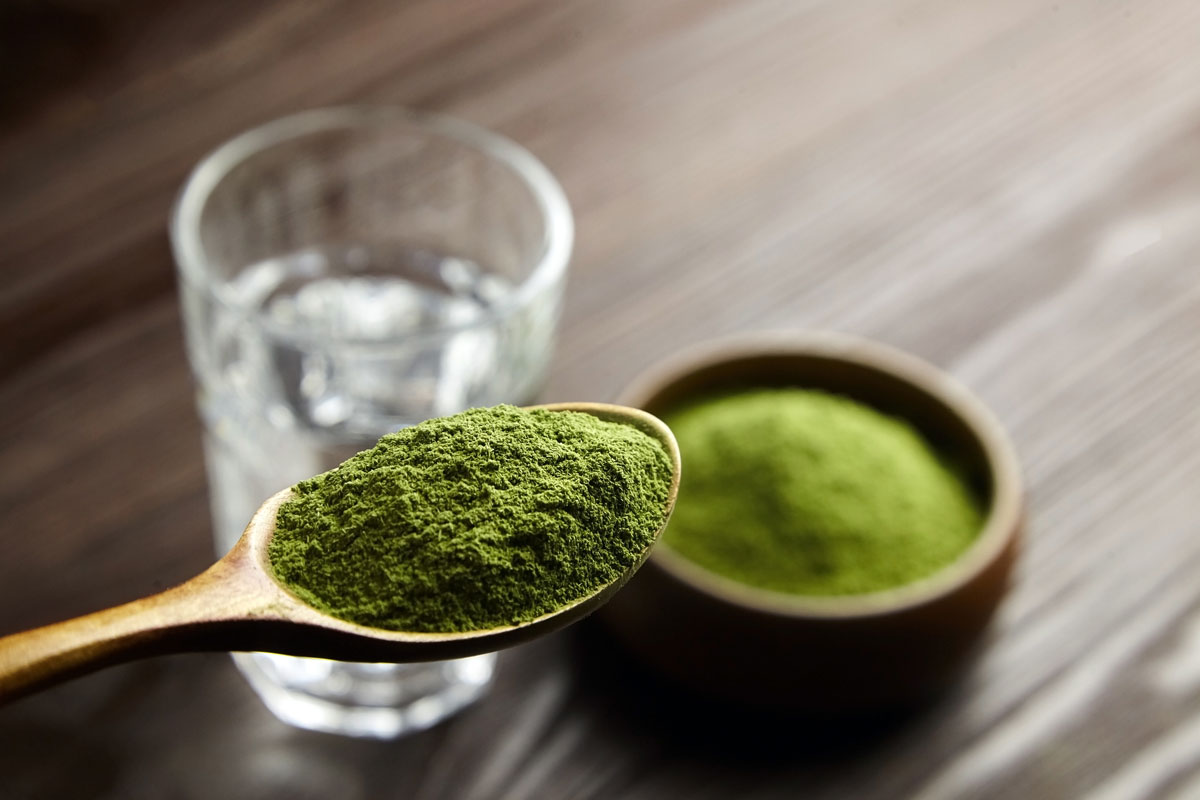
Antioxidants and Adaptogens
Some powders are rich in antioxidants and adaptogens, which help combat inflammation and oxidative stress in the body.
Important Limitations
While greens powders might sound like a superfood shortcut, there are several important caveats to keep in mind:
1. Proprietary Blends Hide Ingredient Amounts
Most greens powders use proprietary blends, which means manufacturers list all the ingredients but don't disclose how much of each is included. This makes it impossible to know if you're getting a meaningful amount of any one ingredient.
For example, a label may list spinach, kale and spirulina in its ingredients, but you may be getting only trace amounts of each.
A greens powder may include adaptogens like ashwagandha and because of it, the distributor will claim that their product can reduce stress. While ashwagandha has been scientifically shown to reduce stress at intake levels of 240-1,000mg taken daily for eight to 12 weeks, a proprietary blend won't tell you how much ashwagandha you are actually consuming – so it may not be doing anything for you at all. How stressful!
2. Not a Substitute for Whole Vegetables
Greens powders lack the full spectrum of nutrition found in whole vegetables. When you eat whole produce, you get:
- Fiber, which is essential for digestion and gut health.
- Phytochemicals that are preserved in fresh food but may degrade in processing.
- Satiety that helps you feel full and supports healthy weight management.
As you can see, no powder can fully replicate the complex benefits of eating whole vegetables.
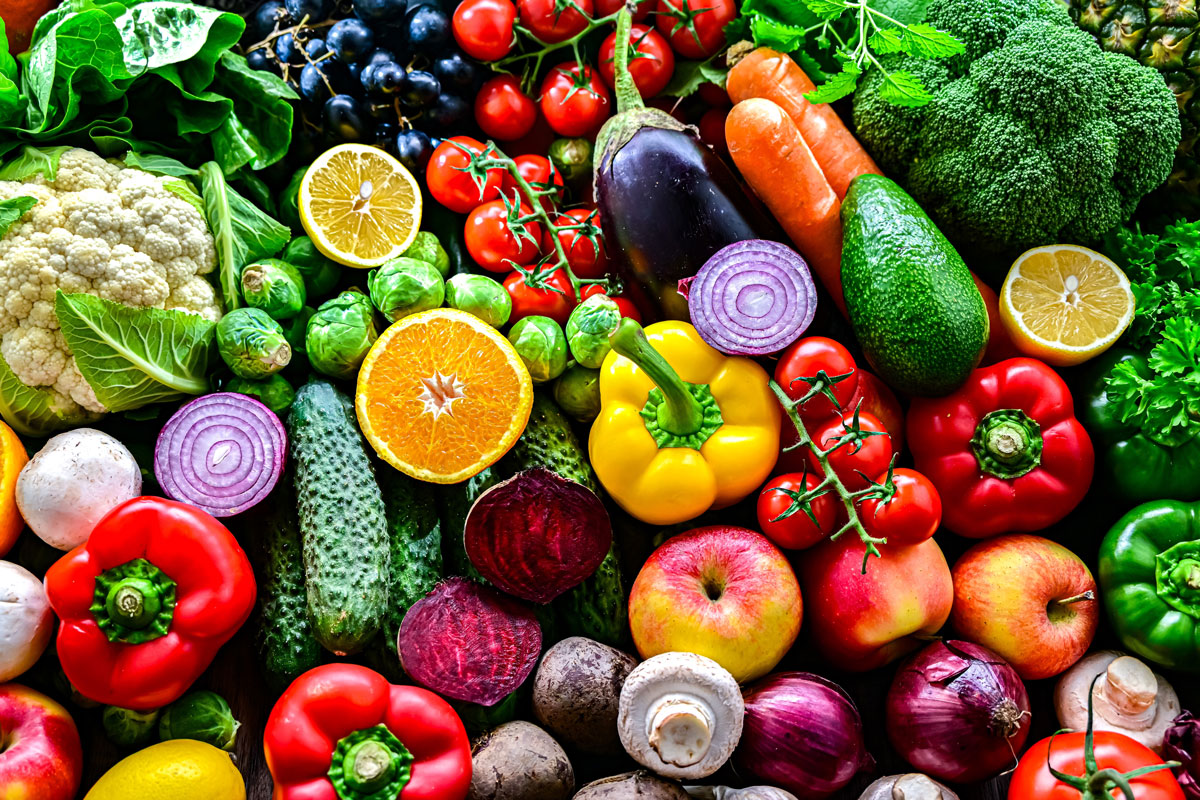
3. Limited Regulation and Quality Control
As with many supplements, greens powders are not tightly regulated. Product quality can vary widely, and some may contain fillers or contaminants. In fact, a recent case series study published in JAMA Network Open found that of the 30 weight-loss supplements analyzed:
- 83% had inaccurate labels
- 80% had ingredients listed on the label that were absent from the product
- 23% had ingredients present in the product that were not listed on the label
Some even contained ingredients on the World Anti-Doping Agency and Department of Defense's prohibited list.
With supplements, aim to choose products that are third-party tested for purity and quality. This is especially important if you are taking medications, as supplements could impact how certain medications work.
The Bottom Line
Greens powders can be a helpful supplement to a balanced diet, but they shouldn't be seen as a replacement for eating whole vegetables. Think of them as a convenient addition – not a shortcut.
If you're considering adding a greens powder to your routine, speak with your health care provider or a registered dietitian to make sure it's appropriate for your individual health needs.
Eat your greens – and if you want to drink them too, just make sure you're informed. Remember that healthy habits start with real food; your body will thank you for it!
Published on: June 24, 2025


